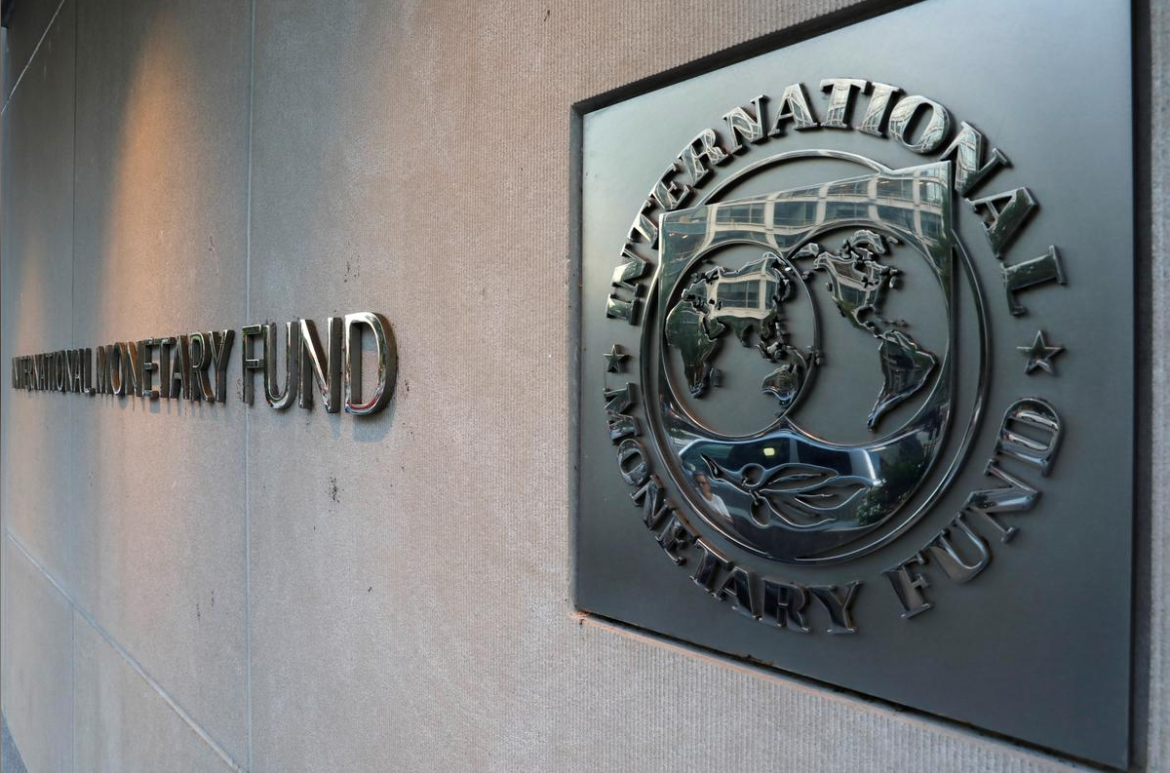The drain on Egypt's foreign reserves showed little sign of abating in January, adding to pressure on the government to let its currency slide after a year of political turmoil in which the currency has remained almost steady against the dollar.
The Egyptian pound has lost only around 1 percent of its value against the dollar since March even though two of Egypt's main sources of foreign exchange, foreign investment and tourism, have dwindled in the wake of the country's uprising.
The political and economic turmoil has worsened unemployment, widened Egypt's budget and balance of payments deficits, and drained its foreign reserves. Many economists believe a currency devaluation is imminent.
Last month Egypt said it had asked the International Monetary Fund for US$3.2 billion to help it plug its balance of payments deficit, saying it wanted the money as soon as possible and hoped an agreement would be signed within weeks.
The IMF said any agreement would take two to three months.
"We expect pressure on the reserves to continue – to increase, actually, because the current situation does not signal any kind of recovery whether in tourism or, particularly, in investment," said Alia Mamdouh, an economist with CI Capital.
"Two months is too long in the current situation," she said. "They have to devalue the currency, now or within two or three months."
The central bank said foreign reserves fell by $1.77 billion in January to $16.35 billion after dipping by around $2 billion in each of October, November and December.
Since the uprising that ousted Hosni Mubarak last February, reserves have plunged by more than half and now represent less than four months of import cover, another economist said.
Planning and International Cooperation Minister Fayza Aboulnaga said the government was concerned, but Egypt had sufficient resources on hand. She said interest payments on foreign loans at the start of the year were responsible for part of the decline.
"Foreign reserves are still within safe limits, but the government is worried they along with other resources are continuing to decline," she told reporters on Tuesday.
"Wheat reserves are sufficient for five months of consumption, while reserves of essential commodities are enough for three months," she said.
The drain on reserves accelerated in October ahead of Egypt's parliamentary election and has been furthered since then by street violence.
Analysts say a clash at a soccer stadium that left 74 people dead on 1 February and led to days of deadly street protests indicates Egypt's politics could remain unsettled for months.
Mamdouh said it would be better to allow the currency to fall sooner than later.
"We'd rather take the hit, then the market will rebalance itself, rather than just exploiting your international reserves for something that's eventually going to happen.”



